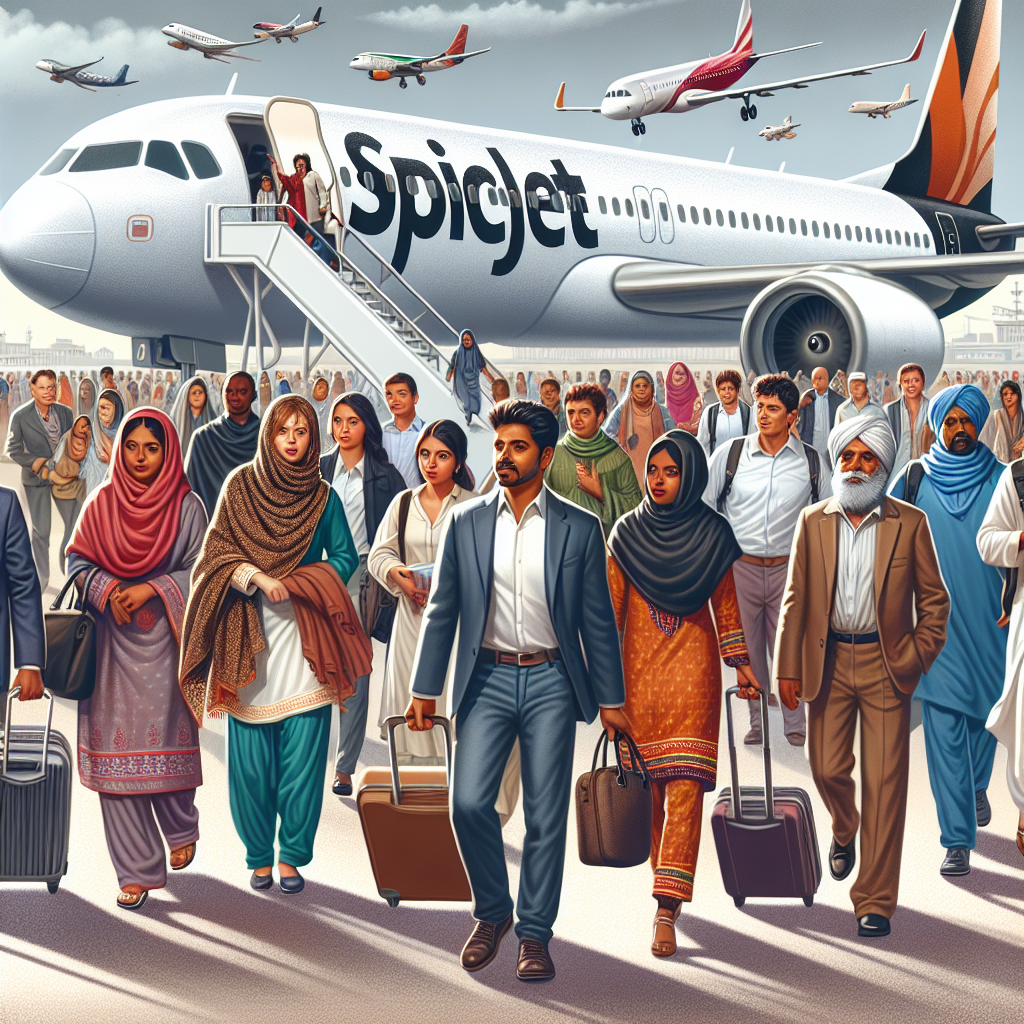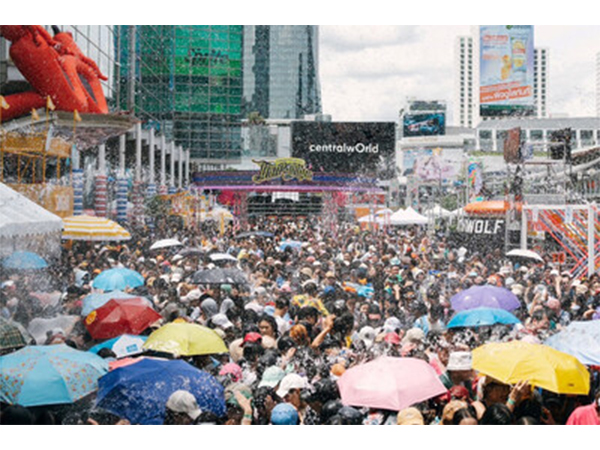Korean schools are abandoning yearbooks as fears over deepfakes, digital crimes grow Published: 15 Apr. 2025, 13:11 Audio report: written by reporters, read by AI Ewha Womans University graduates toss their caps into the air in Seodaemun District, western Seoul, on Feb. 24.
[NEWS1] A growing number of Korean schools are opting out of printing traditional yearbooks, citing rising concerns about digital crimes, particularly those involving deepfake technology. In one elementary school in Yeoju, Gyeonggi, more than 100 sixth graders are preparing to graduate next February. But unlike previous years, the school has decided not to produce a graduation yearbook.

The decision was made by the school’s management committee. Related Article Eight apprehended for allegedly creating, distributing deepfake porn featuring HYBE artists More than 100 arrested for making, sharing deepfake porn of K-pop idols, celebrities, classmates Deepfake, AI-related digital sex crimes targeting women, children surge in Korea “Many teachers, parents and even students did not want their photos taken due to concerns about digital crimes and personal information leaks,” a school official said. “This will likely be the first year we won't publish a yearbook since the school was established in the 1960s.
” April is usually the season when schools are busy photographing students for their graduation albums. But this year, more schools are choosing not to go through with it. The shift is being driven by growing fears that student and staff photos could be abused through digital manipulation, particularly deepfake editing.
This trend has also been noticed by the Seoul Metropolitan Office of Education. “Schools are currently surveying students and parents to determine demand for graduation albums, but there’s a clear increase in the number of schools deciding not to produce them at all,” an official said Monday. Many schools are now including consent forms in their surveys, asking families to acknowledge the potential risks.
One elementary school in Daejeon added an entry to its survey, asking parents whether they agreed not to hold the school legally responsible in the event of a deepfake-related incident. “We already exclude teacher photos from the albums due to concerns about misuse,” a school representative said. “But now we’re also seeing heightened parental concerns about student photos, so we are seeking to inform and ask for consent.
” A middle school teacher in Seoul noted the declining participation, explaining that their school “only produces a yearbook if over 70 to 80 percent of students agree. Lately, fewer than half have agreed, so we’ve had to extend the survey period.” International students at the Korea National University of Arts that were recipients of the AMA+ scholarship hang graduation photographs inside the school in Seongbuk District, central Seoul, on Feb.
5. [KOREA NATIONAL UNIVERSITY OF ARTS] In recent years, there have been more and more deepfake cases targeted toward the younger generation. According to the Ministry of Gender Equality and Family, reported deepfake-related crimes in Korea rose from 423 cases in 2023 to 1,384 in 2024 — more than a threefold increase.
Nearly half of the victims, 46.3 percent — or 640 cases, were teenagers. “We’re even seeing cases involving elementary school students,” said Park Sung-hye, head of the content deletion team at the Advocacy Center for Online Sexual Abuse Victims.
Teachers have also reported growing anxiety. In a survey conducted last October by the Korean Federation of Teachers’ Associations, 93.1 percent of respondents, or 3,294 teachers, acknowledged that yearbook photos could be abused in deepfakes.
A majority of 67.2 percent, or 2,378 teachers, said publishing graduation albums should be halted entirely. Parents are divided over the change.
One parent in Seoul, whose child is in elementary school, expressed their disappointment. “Recent yearbooks don’t even include photos of homeroom teachers or contact details of schoolmates. If they stop producing them altogether, there won’t be anything left to look back on,” they said.
But another parent of a high school student thought otherwise. “I worry my child’s photos could be leaked,” they said. “Yet at her school, everyone still has to participate and purchase the album.
It would be more reasonable to let only those who want to be included to take part.” In place of full printed albums, some schools are opting for digital formats or offering personal keepsake photos. A vice principal at an elementary school in Gyeonggi said students are already suggesting alternatives on their own.
“Today’s students are finding new ways to remember their school years,” the vice principal said. “It’s not that memories are being lost — they’re just being recorded and shared in new formats that fit the times.” Translated from the JoongAng Ilbo using generative AI and edited by Korea JoongAng Daily staff.
BY LEE HOO-YEON [ [email protected] ] var admarutag = admarutag || {} admarutag.cmd = admarutag.cmd || [] admarutag.
cmd.push(function () { admarutag.pageview('3bf9fc17-6e70-4776-9d65-ca3bb0c17cb7'); });.
Korean schools are abandoning yearbooks as fears over deepfakes, digital crimes grow

Ewha Womans University graduates toss their caps into the air in Seodaemun District, western Seoul, on Feb. 24. [NEWS1] A growing number of Korean schools are opting out of printing traditional yearbooks, citing rising concerns about digital crimes, particularly those involving deepfake technology. In one elementary school in Yeoju, Gyeonggi, more than 100 sixth graders are preparing to graduate next February. But unlike previous years, the school has decided not to produce a graduation yearbook. The decision was made by the school’s management committee. Related ArticleEight apprehended for allegedly creating, distributing deepfake porn featuring HYBE artistsMore than 100 arrested for making, sharing deepfake porn of K-pop idols, celebrities, classmatesDeepfake, AI-related digital sex crimes targeting women, children surge in Korea “Many teachers, parents and even students did not want their photos taken due to concerns about digital crimes and personal information leaks,” a school official said. “This will likely be the first year we won't publish a yearbook since the school was established in the 1960s.” April is usually the season when schools are busy photographing students for their graduation albums. But this year, more schools are choosing not to go through with it. The shift is being driven by growing fears that student and staff photos could be abused through digital manipulation, particularly deepfake editing. This trend has also been noticed by the Seoul Metropolitan Office of Education. “Schools are currently surveying students and parents to determine demand for graduation albums, but there’s a clear increase in the number of schools deciding not to produce them at all,” an official said Monday. Many schools are now including consent forms in their surveys, asking families to acknowledge the potential risks. One elementary school in Daejeon added an entry to its survey, asking parents whether they agreed not to hold the school legally responsible in the event of a deepfake-related incident. “We already exclude teacher photos from the albums due to concerns about misuse,” a school representative said. “But now we’re also seeing heightened parental concerns about student photos, so we are seeking to inform and ask for consent.” A middle school teacher in Seoul noted the declining participation, explaining that their school “only produces a yearbook if over 70 to 80 percent of students agree. Lately, fewer than half have agreed, so we’ve had to extend the survey period.” International students at the Korea National University of Arts that were recipients of the AMA+ scholarship hang graduation photographs inside the school in Seongbuk District, central Seoul, on Feb. 5. [KOREA NATIONAL UNIVERSITY OF ARTS] In recent years, there have been more and more deepfake cases targeted toward the younger generation. According to the Ministry of Gender Equality and Family, reported deepfake-related crimes in Korea rose from 423 cases in 2023 to 1,384 in 2024 — more than a threefold increase. Nearly half of the victims, 46.3 percent — or 640 cases, were teenagers. “We’re even seeing cases involving elementary school students,” said Park Sung-hye, head of the content deletion team at the Advocacy Center for Online Sexual Abuse Victims. Teachers have also reported growing anxiety. In a survey conducted last October by the Korean Federation of Teachers’ Associations, 93.1 percent of respondents, or 3,294 teachers, acknowledged that yearbook photos could be abused in deepfakes. A majority of 67.2 percent, or 2,378 teachers, said publishing graduation albums should be halted entirely. Parents are divided over the change. One parent in Seoul, whose child is in elementary school, expressed their disappointment. “Recent yearbooks don’t even include photos of homeroom teachers or contact details of schoolmates. If they stop producing them altogether, there won’t be anything left to look back on,” they said. But another parent of a high school student thought otherwise. “I worry my child’s photos could be leaked,” they said. “Yet at her school, everyone still has to participate and purchase the album. It would be more reasonable to let only those who want to be included to take part.” In place of full printed albums, some schools are opting for digital formats or offering personal keepsake photos. A vice principal at an elementary school in Gyeonggi said students are already suggesting alternatives on their own. “Today’s students are finding new ways to remember their school years,” the vice principal said. “It’s not that memories are being lost — they’re just being recorded and shared in new formats that fit the times.” Translated from the JoongAng Ilbo using generative AI and edited by Korea JoongAng Daily staff. BY LEE HOO-YEON [[email protected]]











